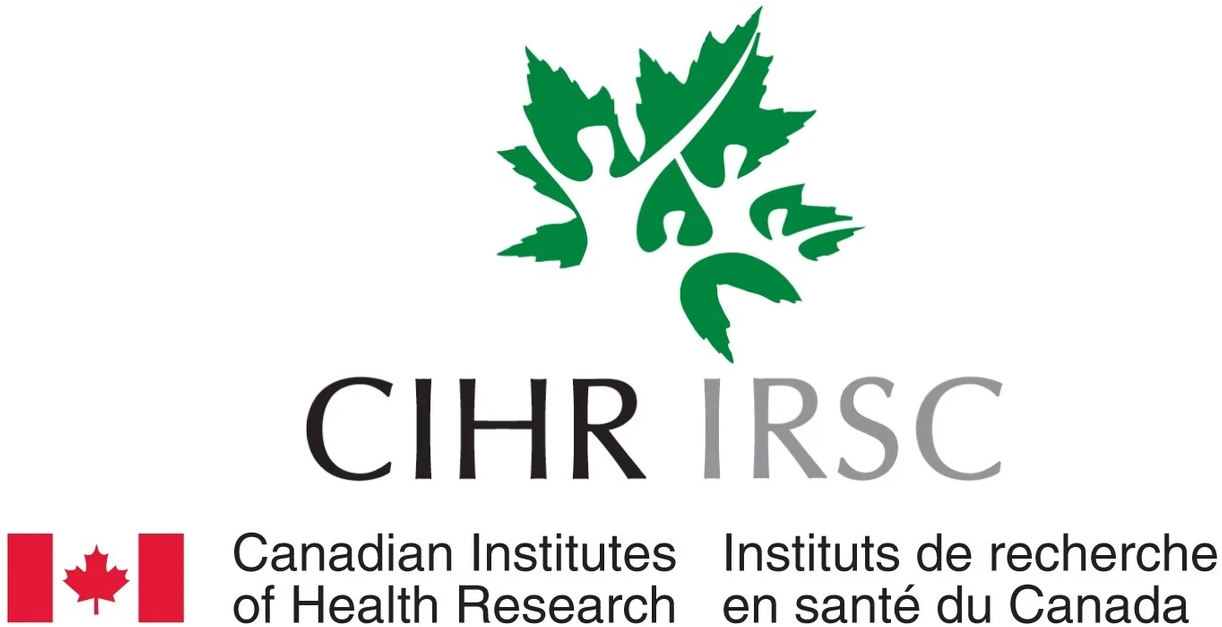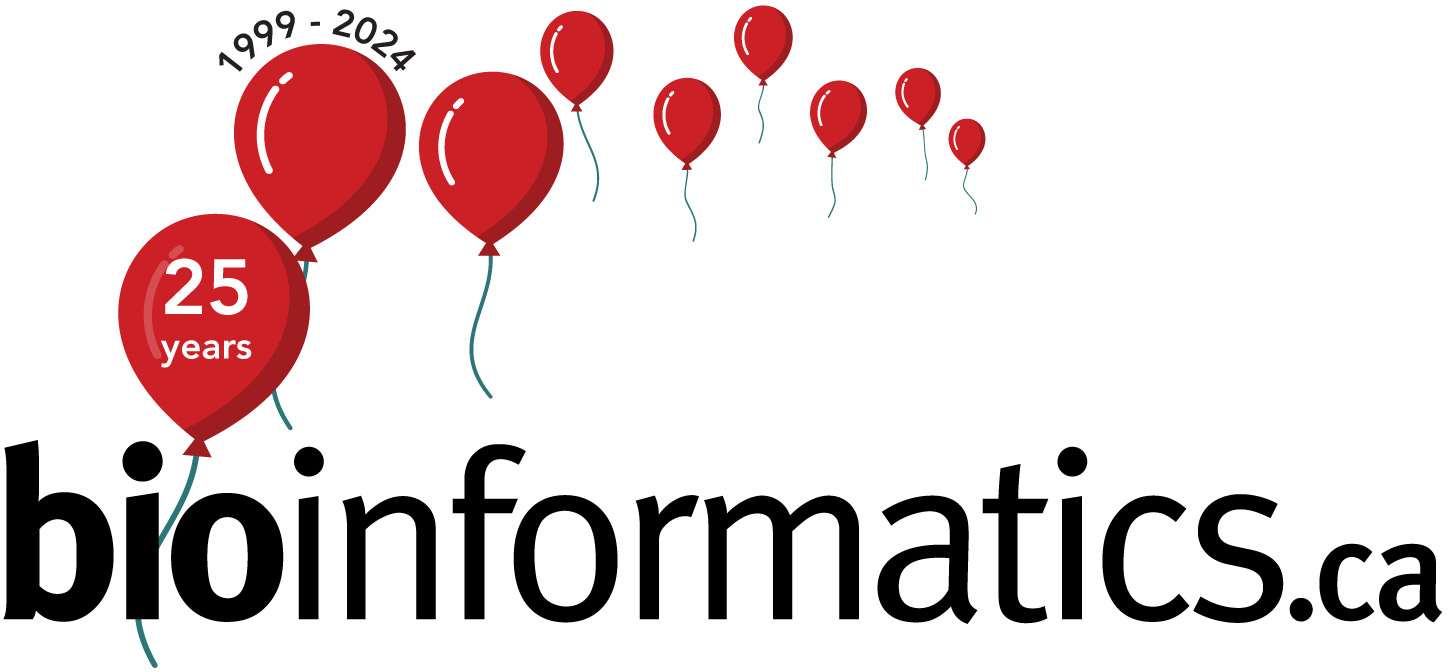Links within this page: Friday, July 12 | Saturday, July 13 | Sunday, July 14 | Monday, July 15 | Tuesday, July 16 | Sources
Join our Green Challenges to help reduce our collective carbon footprint during the conference.
Each day of ISMB 2024 brings a new opportunity to champion sustainability and contribute to a greener future. Check out the challenges below:
Friday, July 12
Sign the Green Pledge
Join ISCB in championing sustainability! Take the Green Pledge and be a part of our green movement.
Remember
Even small, consistent efforts can create significant change when many people take part! By committing to take steps toward sustainability, you're helping to create a healthier, more resilient planet for current and future generations.
Saturday, July 13
Wear your oldest ISMB shirt and pack light
Take a photo of your oldest shirt and/or your luggage and post on the Nucleus Newsfeed using #greenismb2024
How Packing Light Helps
Packing light for travel can help directly reduce fuel consumption and greenhouse gas emissions during transportation. Why? The lighter the load, the less fuel is required for vehicles, resulting in lower carbon emissions. Packing light is a simple way to help make your trip sustainable and eco-friendly!
Sunday, July 14
Show us your reusable water bottle or travel mug
Stop by the ISCB booth to show off your drinking vessel and get a sticker!
How Using a Reusable Travel Mug Helps
A reusable travel mug can significantly reduce your environmental impact. Assuming 500 uses, a reusable cup can potentially save up to 10.3 kg of CO2 emissions compared to using disposable cups. Just like packing light for travel, the switch to a reusable mug or water bottle can make a substantial difference in reducing waste and greenhouse gas emission.
Monday, July 15
Meatless Monday: Stick to an all-vegetarian menu
Go meatless! Take a photo of your favorite food from today’s menu or share your fave recipe on Nucleus using #greenismb2024
How Going Meatless Helps
Two ways that opting for meatless meals helps with environmental sustainability are via reduced greenhouse gas emissions and decreased land use.
Plant-based meals are a simple way to help reduce greenhouse gas emissions. Livestock production is a major contributor to greenhouse gasses, with nearly 15% of global greenhouse gas emissions resulting from meat, dairy, and egg production.
In addition, livestock production uses about 75% of available agricultural land. A shift to plant-based diets has the potential to decrease agricultural land use by up to 80%.
Tuesday, July 16
Share your carbon footprint-reducing ideas
Have a great idea on how to reduce your carbon footprint? Share it in the Green Forum in the Collaboration Hub on ISCB Nucleus
Let's make every action count!
You can also join the Green Pledge, take part in the conversation in the Green Forum, donate to the ISCB Groves, or stay up to date with ISMB 2024 on the News Feed!
Sources:
- Isakov, S. (2023). The Benefits Of Packing Light: Traveling Smarter And More Sustainably - Eco Life Zone. EcoLife. https://www.ecolife.zone/benefits-of-packing-light
- Meatless Monday. (n.d.). Environmental Research About Meatless Monday. The Monday Campaigns. https://www.mondaycampaigns.org/meatless-monday/research/environment
- Renzovet. (2023). Packing Light For Sustainable Travel: The Ultimate Guide. https://theplanetjourney.com/the-ultimate-guide-to-packing-light-for-traveling-sustainably/
- Takacs, B., Stegemann, J. A., Kalea, A. Z., & Borrion, A. (2022). Comparison of environmental impacts of individual meals - Does it really make a difference to choose plant-based meals instead of meat-based ones? Journal of Cleaner Production, 379. https://doi.org/10.1016/j.jclepro.2022.134782
- Zero Waste Scotland. (2023). The environmental benefits of reusable plastic over single-use products. Zero Waste Scotland. https://www.zerowastescotland.org.uk/resources/environmental-benefits-reusable-plastic













